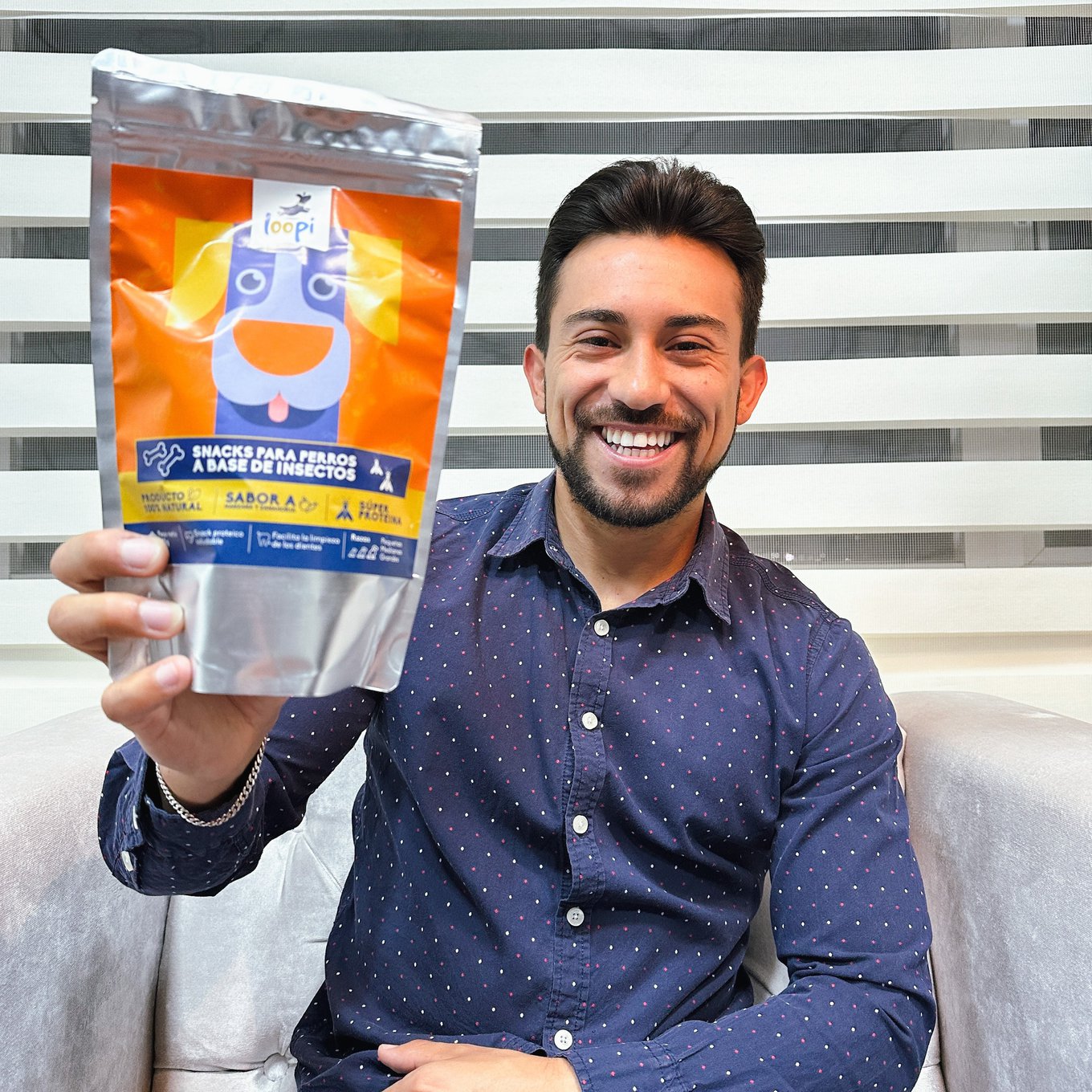Livestock farming produces more
greenhouse gases responsible for global warming than transportation. It is also
a major cause of soil and water resource degradation. In addition, it occupies
a third of all arable land used to produce animal feed. In Latin America, the
clearing of forests to create pastures is one of the main causes of
deforestation, according to the Food and Agriculture Organization of the United
Nations (FAO). And the demand for meat continues to grow globally.
One way to reduce meat consumption
and its environmental impacts is to look for other, more sustainable sources of
protein. To alleviate the environmental problems of the food industry, Daniel
Efraín Ortiz, a biotechnological engineer from the University of the Armed
Forces of Ecuador, has created Proloop, a biotechnology company that uses
alternative sources to produce more sustainable proteins that can be used to
feed pets. For this initiative, Ortiz has been chosen by MIT Technology Review
in Spanish as one of the winners of Innovators under 35 Latin America 2023.
Proloop has already launched Loopi,
a dog snack with a high percentage of protein based on insects, cyanobacteria, and cereals. It is a circular economy initiative that closes the cycles of
nature by using agricultural waste as raw material to nourish insects and
microalgae. "We are going to use our flour based on insects and
microorganisms to replace traditional food sources from industries with high
environmental impact such as livestock and pets," explains the young
innovator. "We convert fruit waste into valuable protein by feeding black
soldier fly larvae with agro-industrial fruit waste. In addition, we breed the
cyanobacteria spirulina that feeds on carbon dioxide and converts it into
proteins," he adds.
With this project, Ortiz explains
that he is also developing an alternative to fishmeal and soybean meal, which
also have a high environmental impact. Ecuadorian Ortiz wants to transform the
food system in his country and believes in the potential of developing an
industry focused on alternative sources of protein production. He already has
an industrial plant and is marketing his first product.
The young man wants to scale up his
dog snack by taking it to supermarket shelves. Subsequently, he seeks to offer
food for other animals and provide the important Ecuadorian shrimp industry
with insect meal, a more environmentally friendly option than the current fish
meal that is currently used as a source of protein for these crustaceans.




